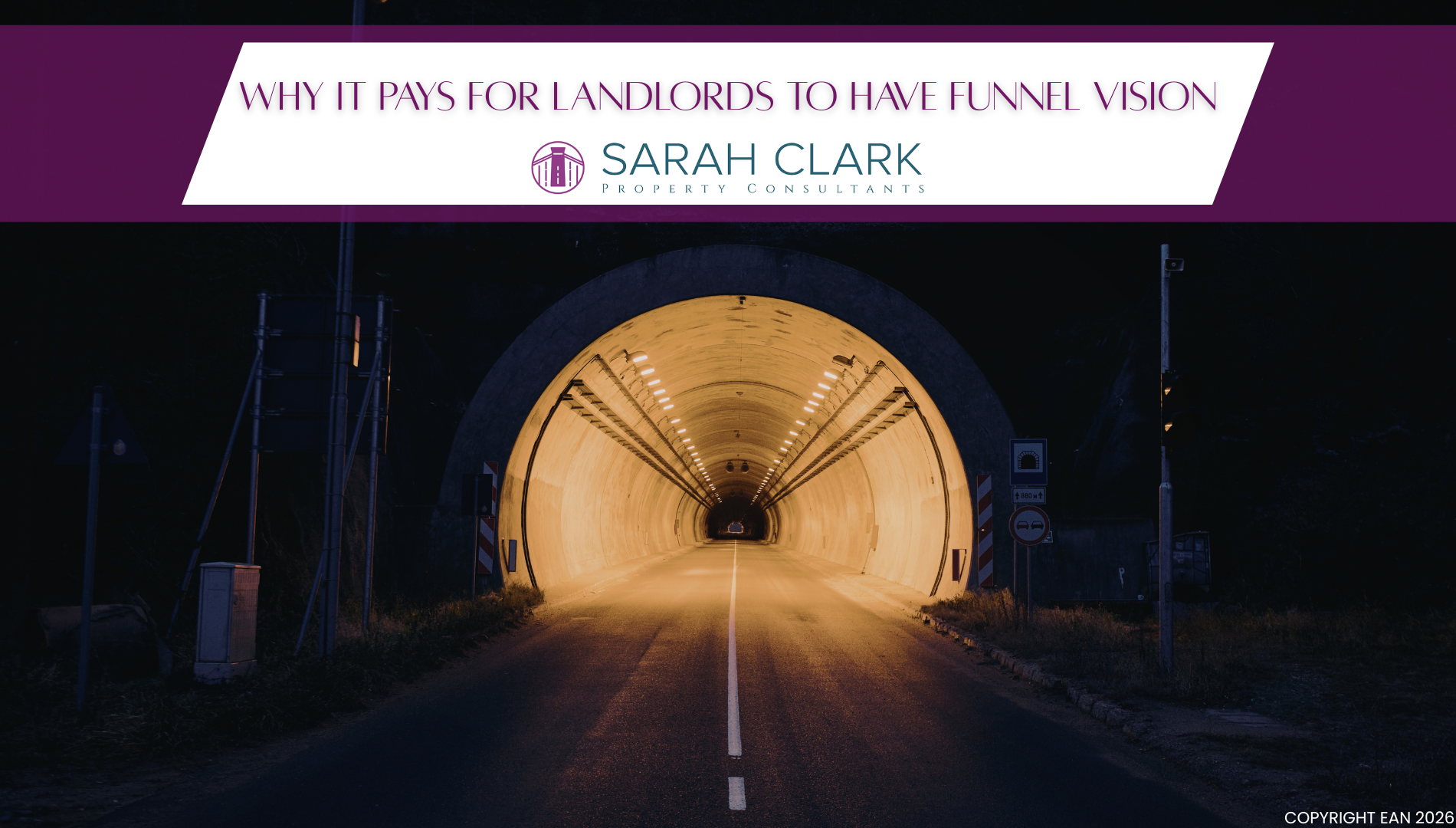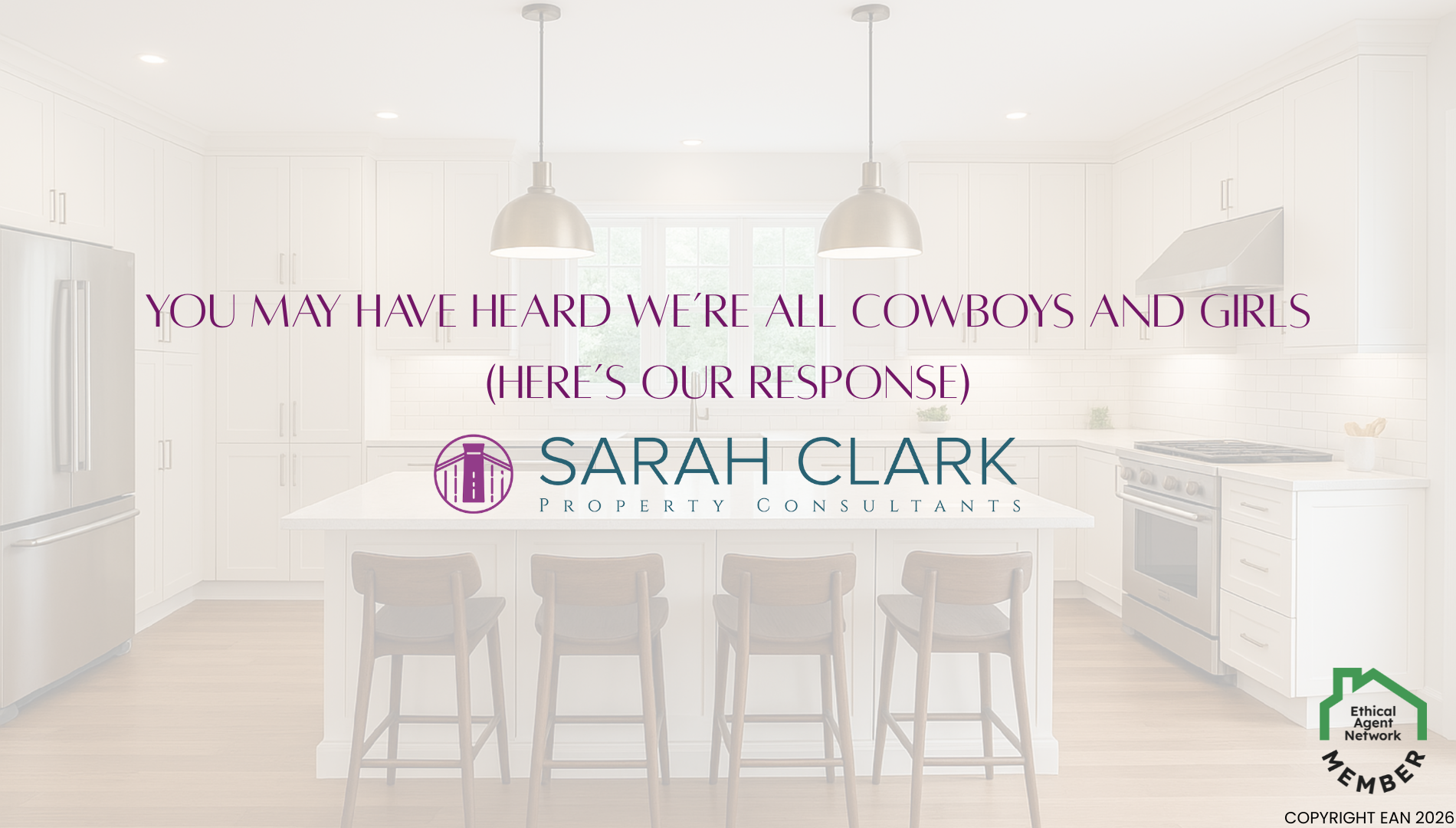What to Do If Your Tenant Wants a Lodger: A Guide for Bristol Landlords
The number of households taking lodgers has risen by 89% in just three years.* Here are some points landlords should consider if their tenant has a lodger or asks for permission to have one.
A lodger is someone who lives with a homeowner or tenant in their main home as a paying guest. They share amenities in the home, such as a kitchen and bathroom, and may have meals and laundry provided. The important thing is that they’re not part of the family, but they’re not a tenant either.
Is my tenant entitled to have lodgers?
Many tenancy agreements say that tenants can have lodgers - but only if the landlord agrees. You’re entitled to refuse. You don’t have to give a reason.
Should I agree to my tenant taking lodgers?
It is entirely up to you. However, a positive for landlords is that, in times when living costs are rising, it will help the tenant afford the household bills and the rent. They’re probably less likely to get into arrears as a result.
It may even mean your property will attract a higher rent.
Lodgers – important things to consider
- Is there adequate space in the property for a lodger or lodgers?
- Will taking lodgers turn your property into a house in multiple occupation (HMO)?
An HMO is a property occupied by three or more people forming two or more households and who share some facilities.
HMOs need a licence from the council in many (but not all) cases. These licences can have complex conditions and be expensive.
It’s essential to double-check local rules with the local council.
Allowing your tenant to take a lodger may have implications for your BTL mortgage or landlord insurance. You may have to notify your lender and insurer of any change.
Doing it properly
If you agree to your tenant having lodgers, have a written agreement with them. This should specify the number of lodgers permitted.
Your tenant should have a written agreement with any lodgers, too. This should state that they are lodgers, not tenants, the rent payable and notice requirements.
Lodgers don’t have the same rights of occupation as tenants do. They are much more limited.
Broadly, lodgers can be asked to leave with reasonable notice. If a tenant leaves (or is evicted), the lodgers must leave too.
Take expert advice on this if you need it.
We hope you’ve found these tips handy. If you’d like to know more about how our letting and management services can make your landlord life easier, please get in touch.
If you know a landlord who would find this guide useful, share it with them.
* Source: Spareroom






Share this with
Email
Facebook
Messenger
Twitter
Pinterest
LinkedIn
Copy this link